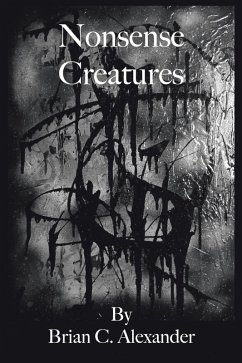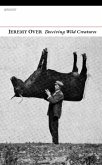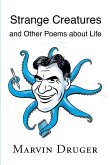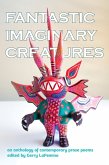This open work was written in defiance of the "sanctity of genre" and to raise the question of freedom of expression in writing. First published in Arabic in 1969 to great acclaim, it has been variously called a novel or a prose poem, while the author calls it an epic in prose, divided as it is into cantos. In mid-1960s Iraq such an open-ended form, in which different genres could come together and blend into each other, was difficult to even imagine. For Fadhil al-Azzawi it was the core of a new vision of life after the country's tough political experiences, especially the bloody coup of February 1963, and then abysmal defeat in the June 1967 Six-Day War. The preface to the original Arabic edition noted: "Everything in this open novel returns to itself and acquires its own particular innocence, even in language, so that the novel becomes a poem, a play, a film, a painting and a piece of music all at once without ever meaning to [. . .] It talks about itself in its own very particular way, where it says nothing specific so that it can say everything."
Dieser Download kann aus rechtlichen Gründen nur mit Rechnungsadresse in A, B, BG, CY, CZ, D, DK, EW, E, FIN, F, GR, H, IRL, I, LT, L, LR, M, NL, PL, P, R, S, SLO, SK ausgeliefert werden.









